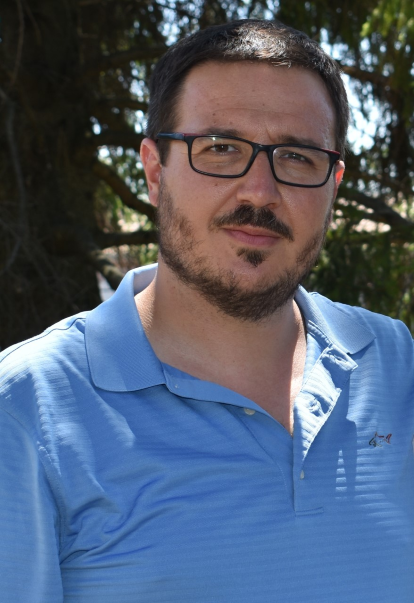July 10, 2020, 10:45 a.m.
Critical mind is one of the skills we expect from a scientist. However, there is no real teaching related to this know-how. It is implicit learning. In the first part of this talk, I will recall the importance of critical thinking and the scientific process. Then, I will introduce some traps mainly related to cognitive biases and propose some tools to conduct your thinking critically. Finally, I will discuss the “pathological science” first introduced by Irving Langmuir in 1953 as “people are deceived into false results … by subjective effects, wishful thinking …”. I will give some historical and current examples as such pathology is still relevant (climato skepticism, “Lancetgate” and hydroxychloroquine). Being a scientist does not immunize us from pseudosciences and scientific blunders. We must learn to practice our critical thinking as a scientist and as a citizen.

Denis Machon completed his PhD at the age of 26 from Grenoble INP and his postdoctoral studies from University College of London. During these years, he worked on pressure-induced amorphization and polyamorphism, both on the experimental and theoretical aspects. As a professor assistant at University Lyon 1, his research interests were centered on high-pressure physics, thermodynamics and phase transitions. His main research activities were devoted to understanding of the combined effects of pressure, size and interface in the phase stability. In 2017, he joined the “Laboratoire Nanotechnologies et Nanosystèmes” (LN2), a joint International Research Laboratory (Unité Mixte Internationale UMI 3463) funded and co-operated in Canada by “Université de Sherbrooke” and in France by CNRS as well as “Université de Lyon” and “Université Grenoble Alpes”. At LN2, he works on mesoporous silicon and germanium as anode materials for Li-ion batteries. He previously taught course dedicated to scientific method and intellectual tools in order to forge a critical mind. He has written a book entitled “Les bavures scientifiques”, ed. Book-e-book.
